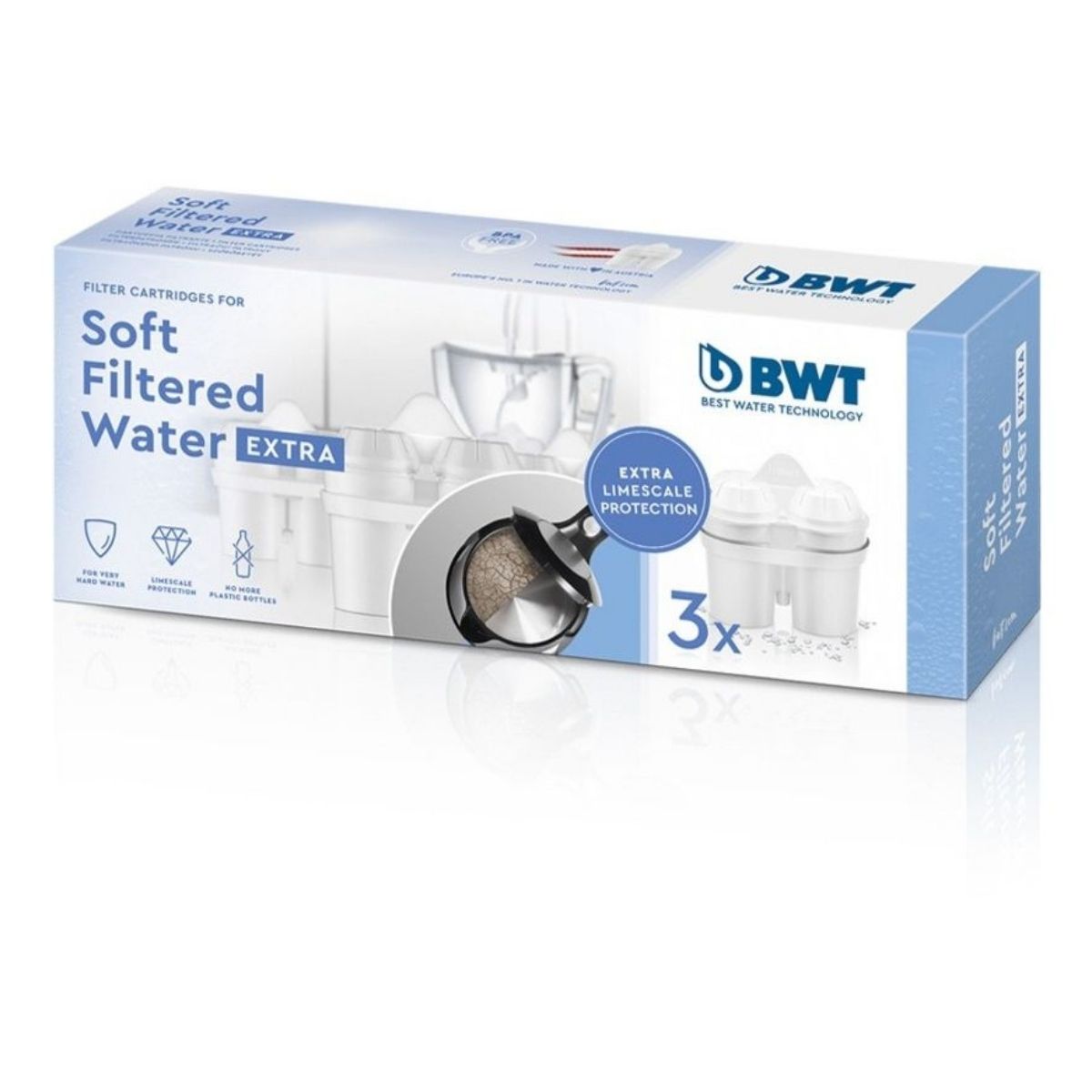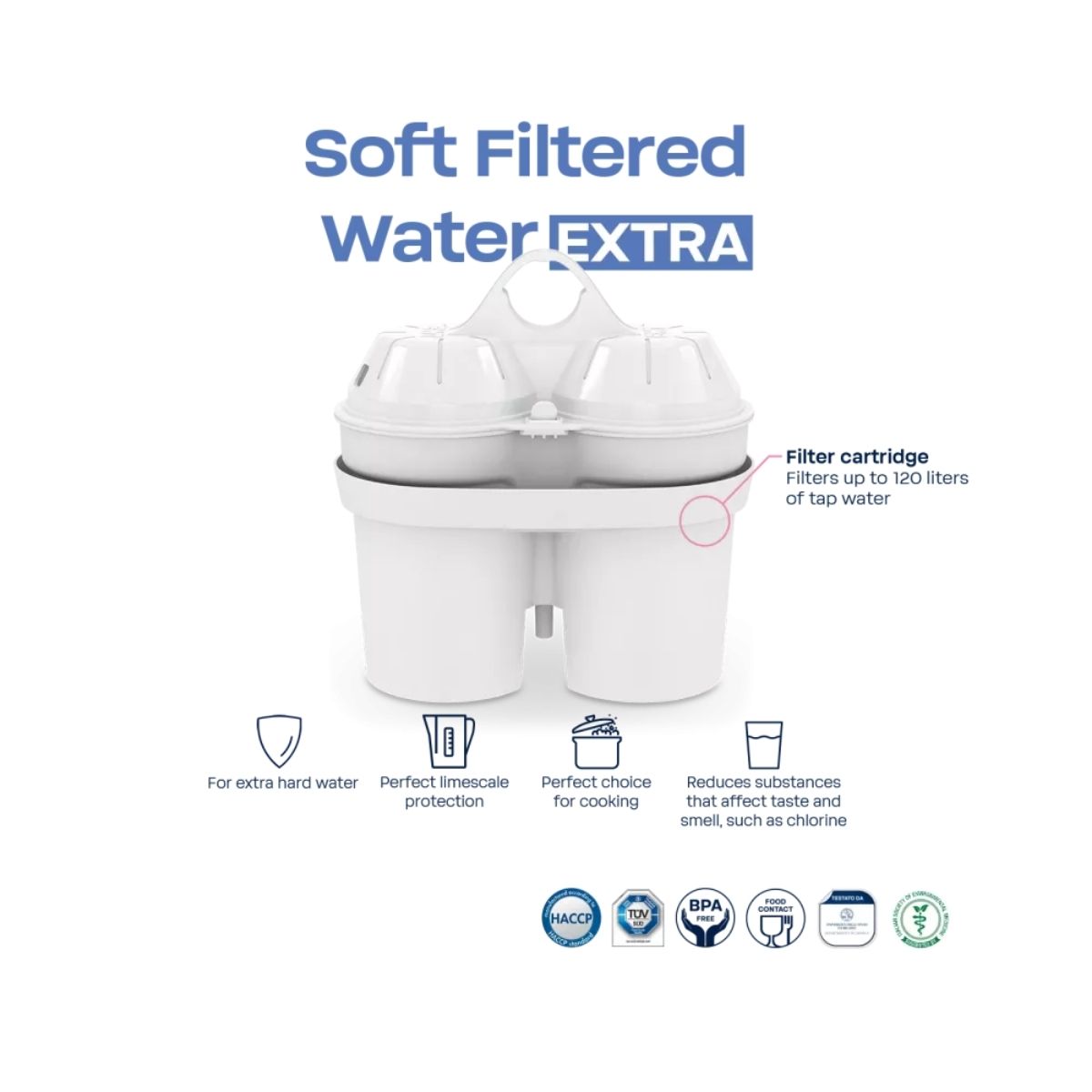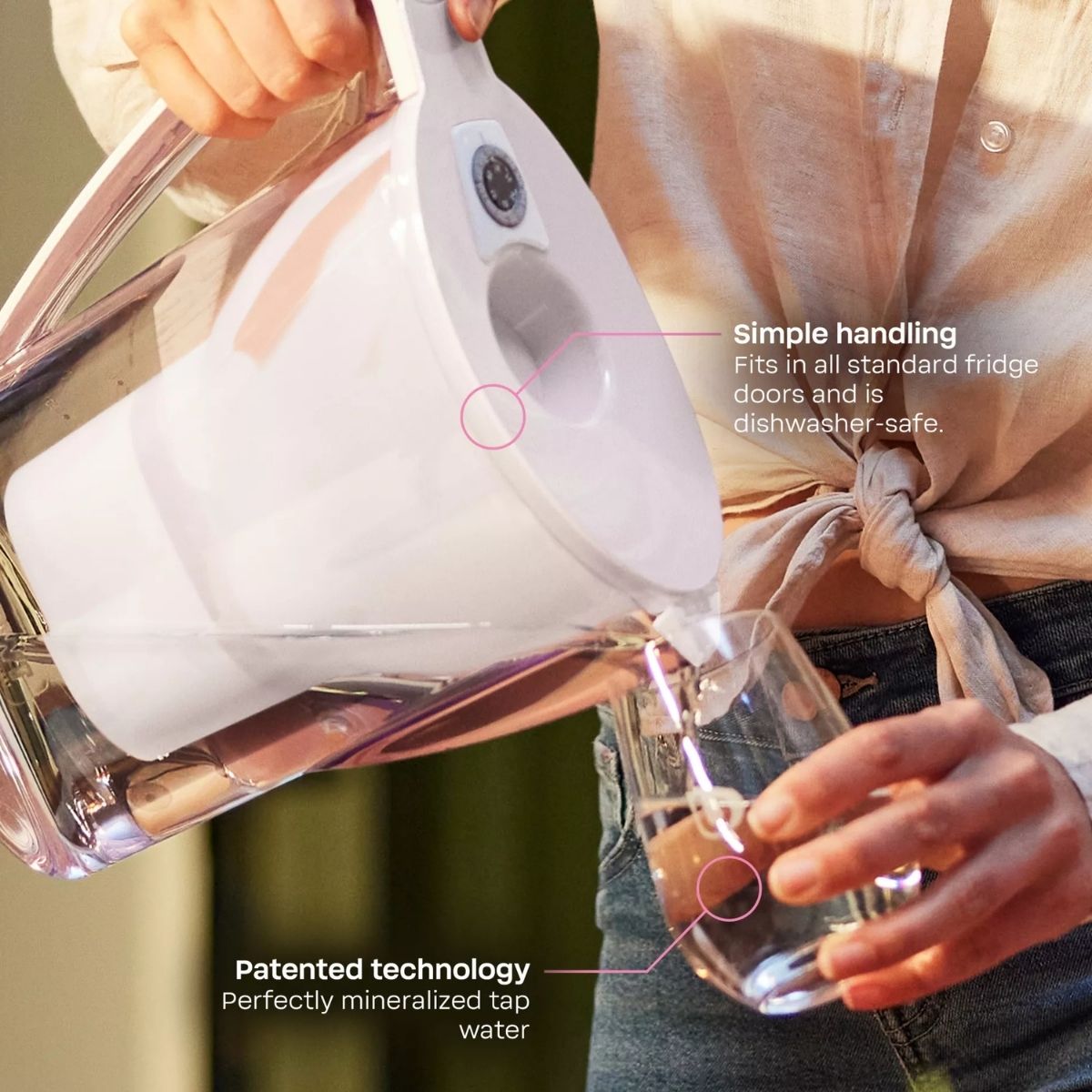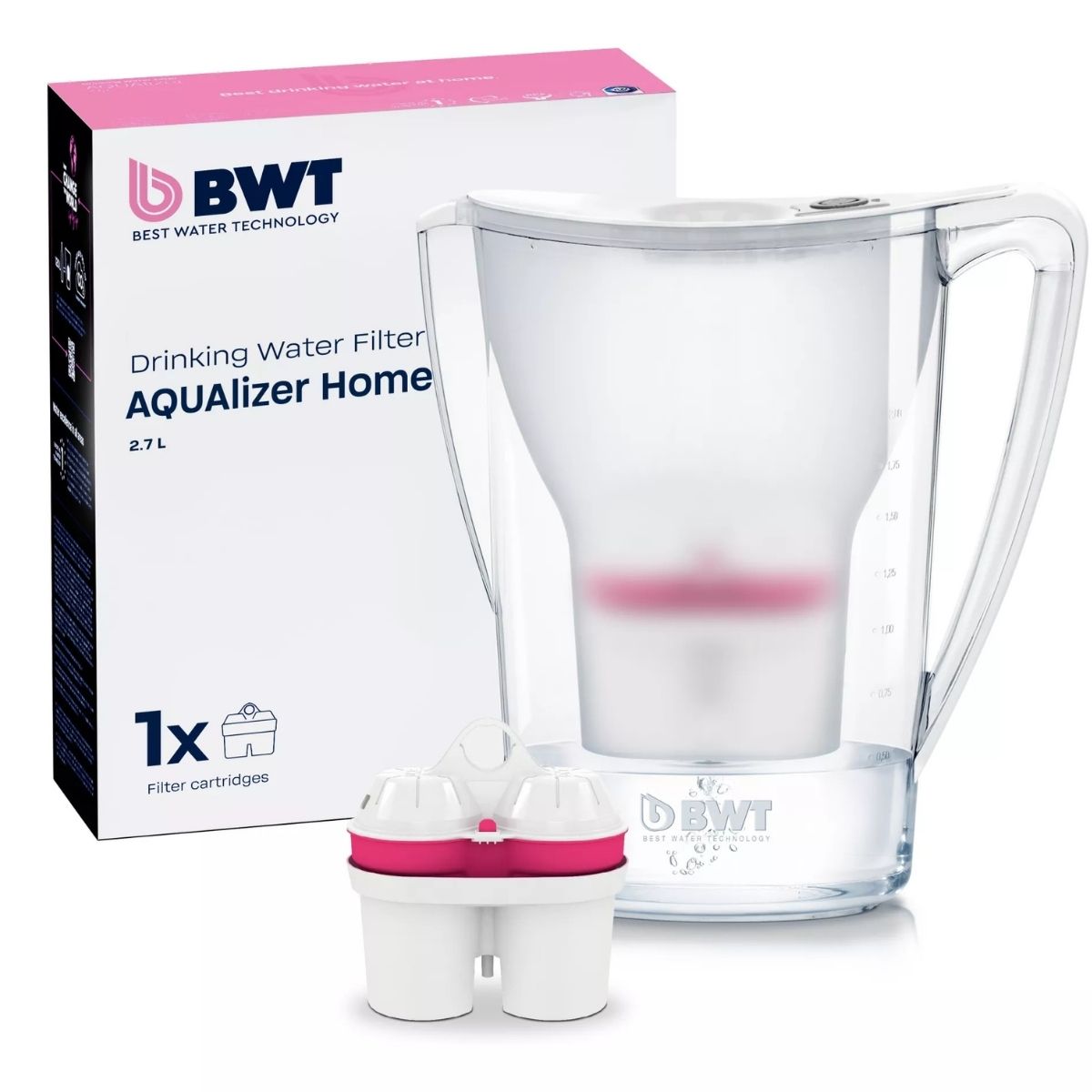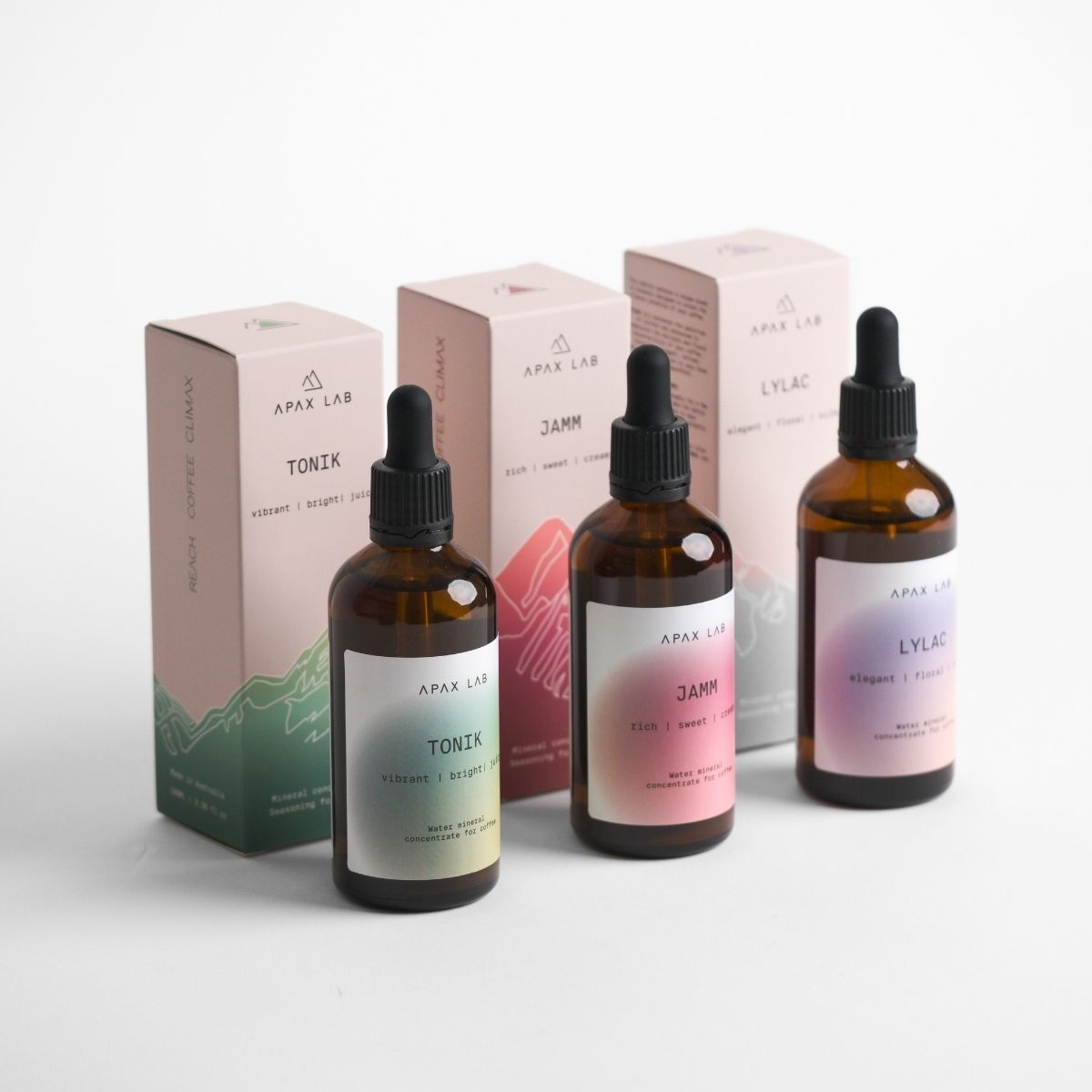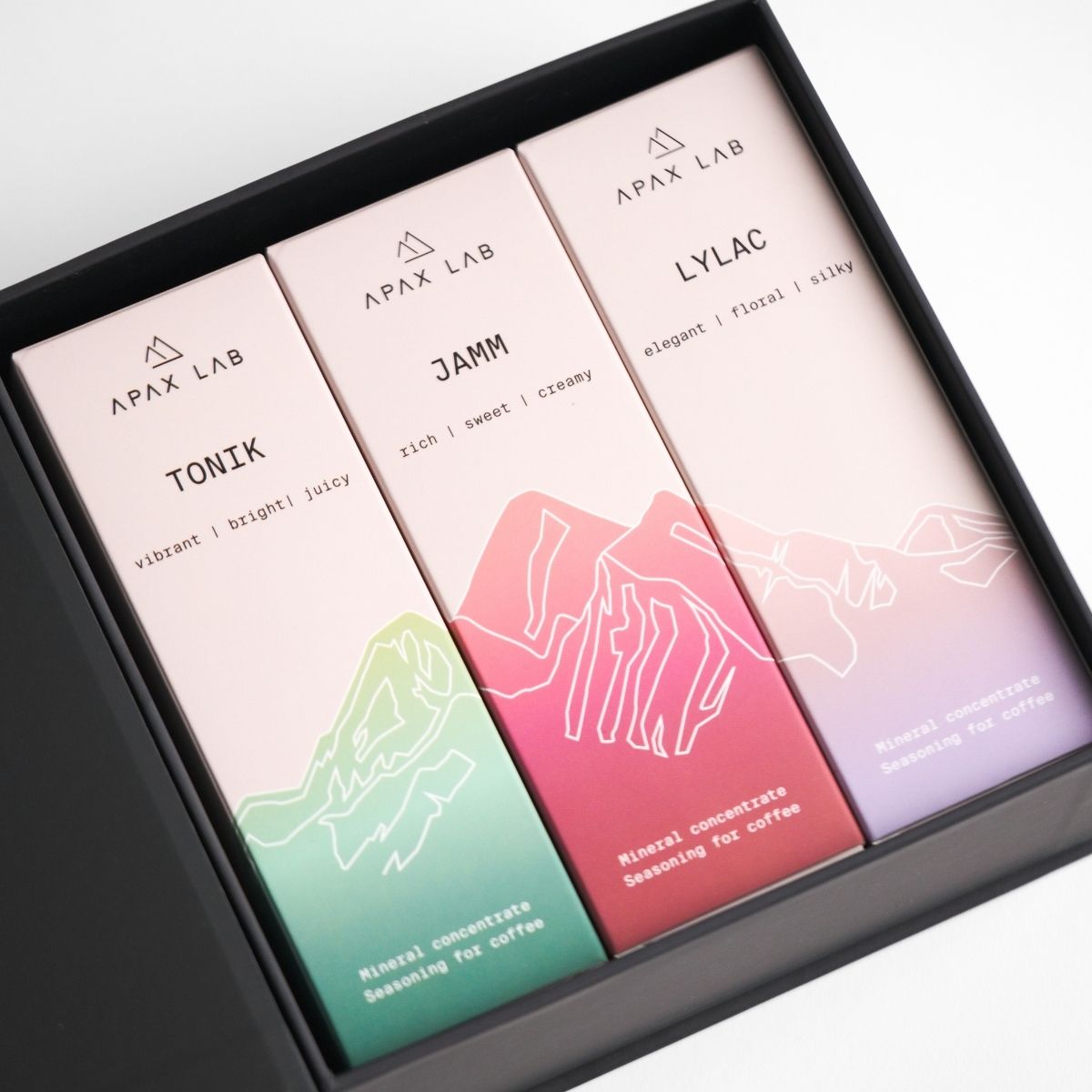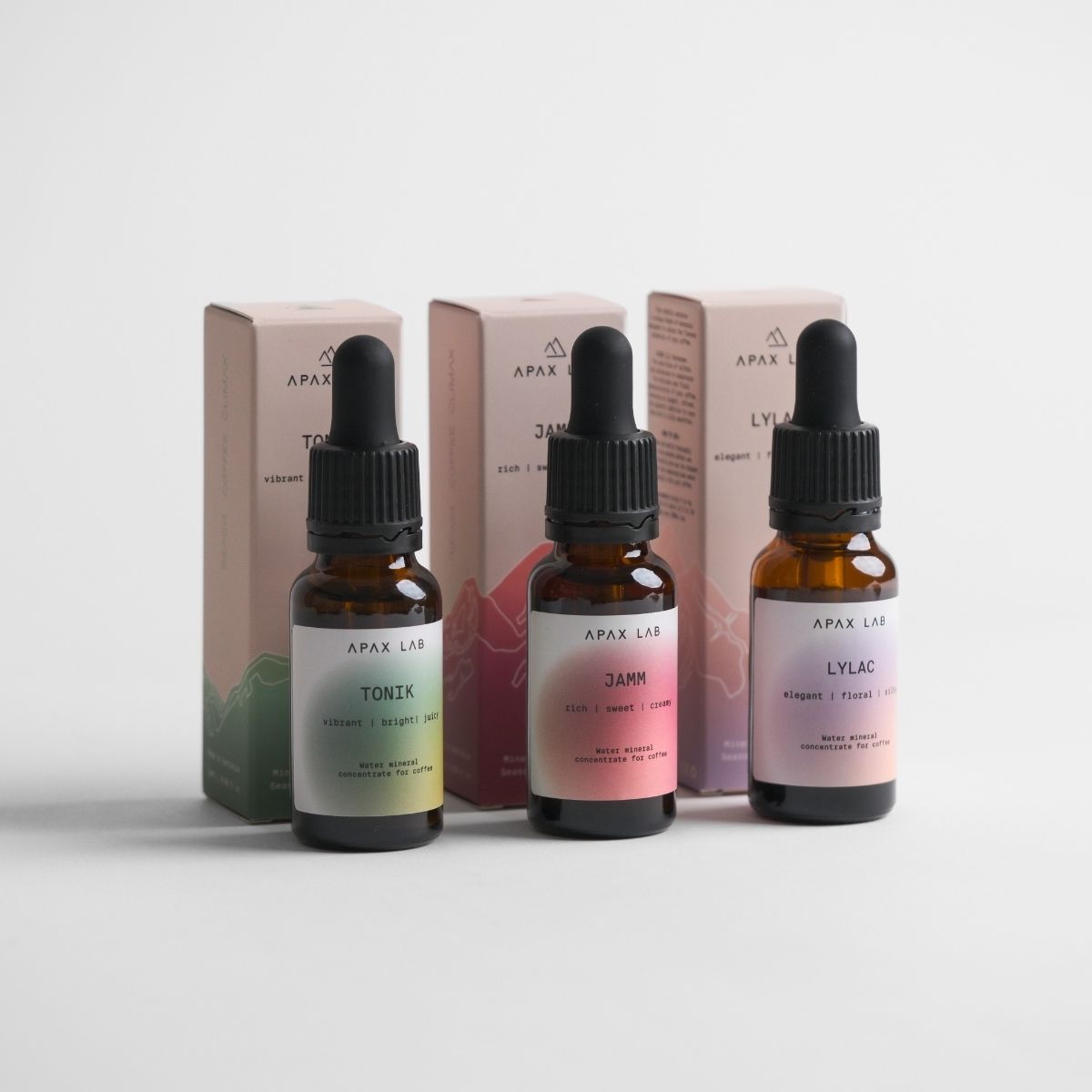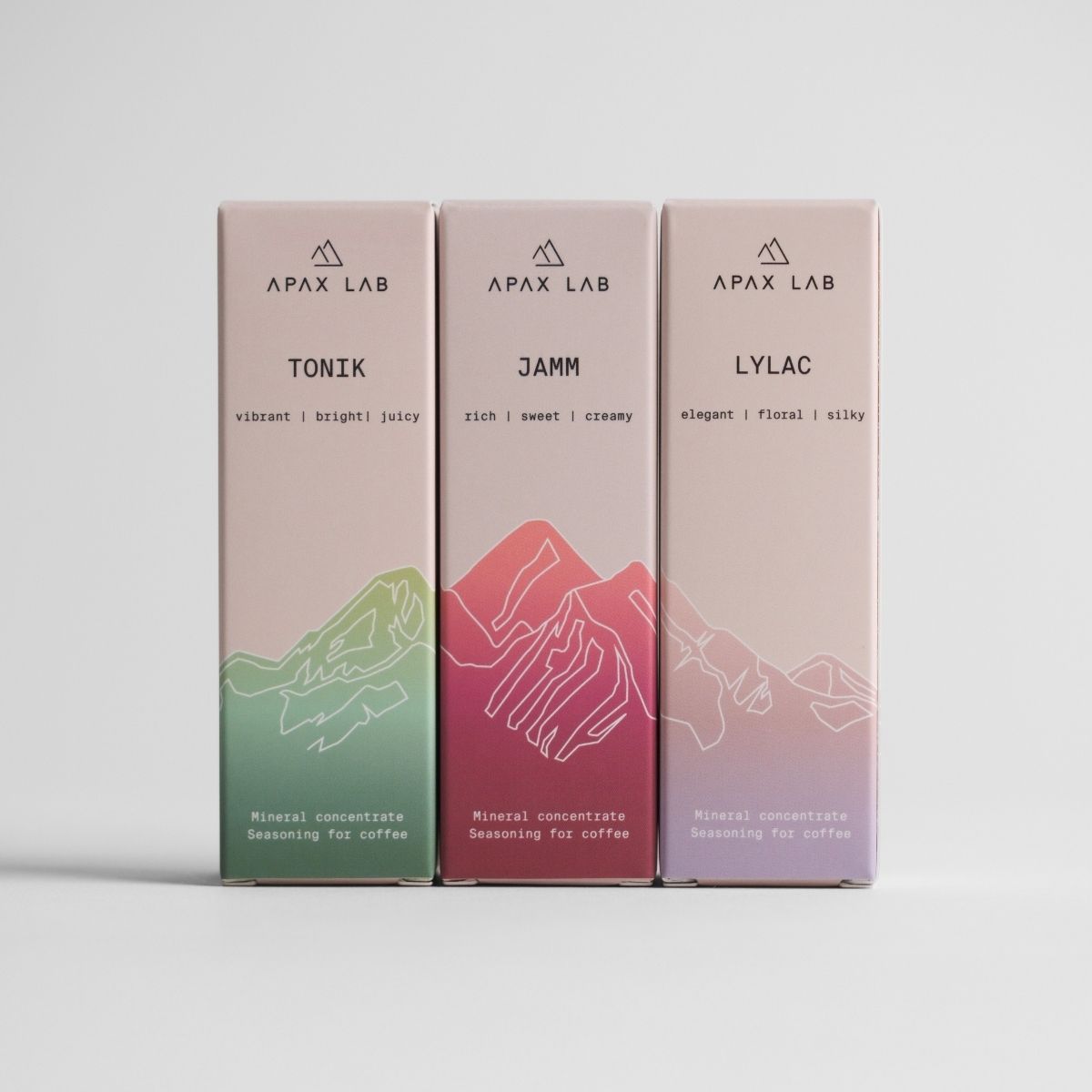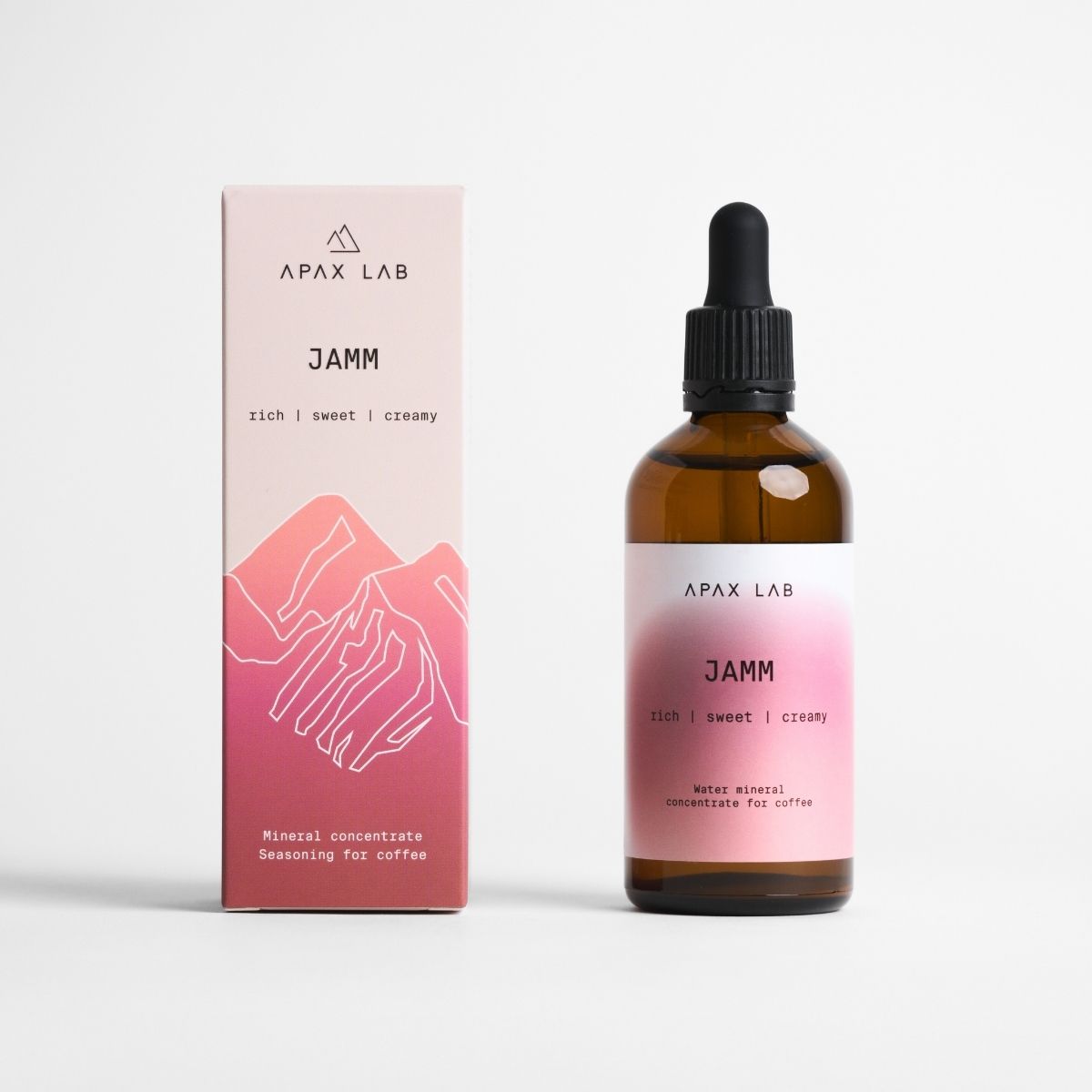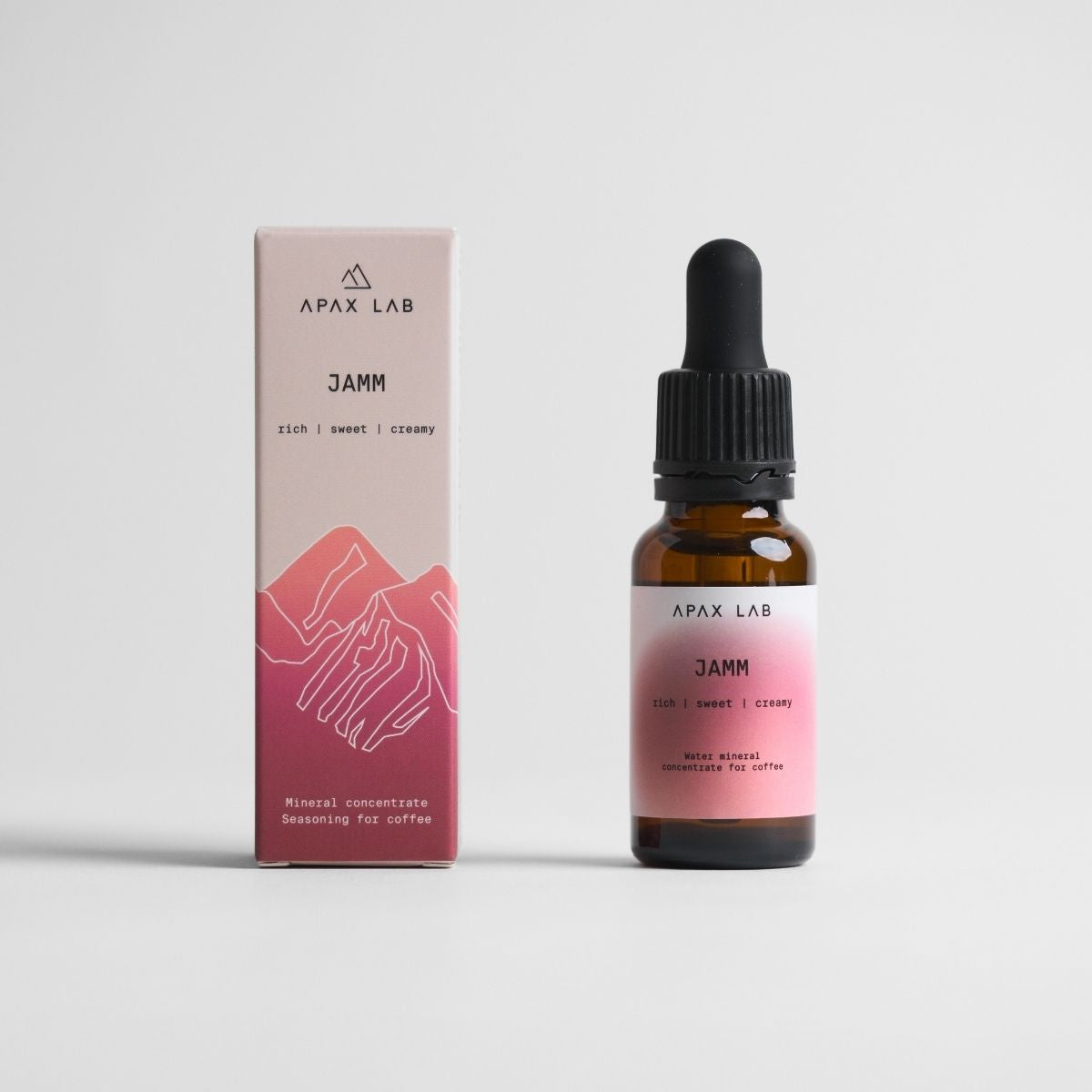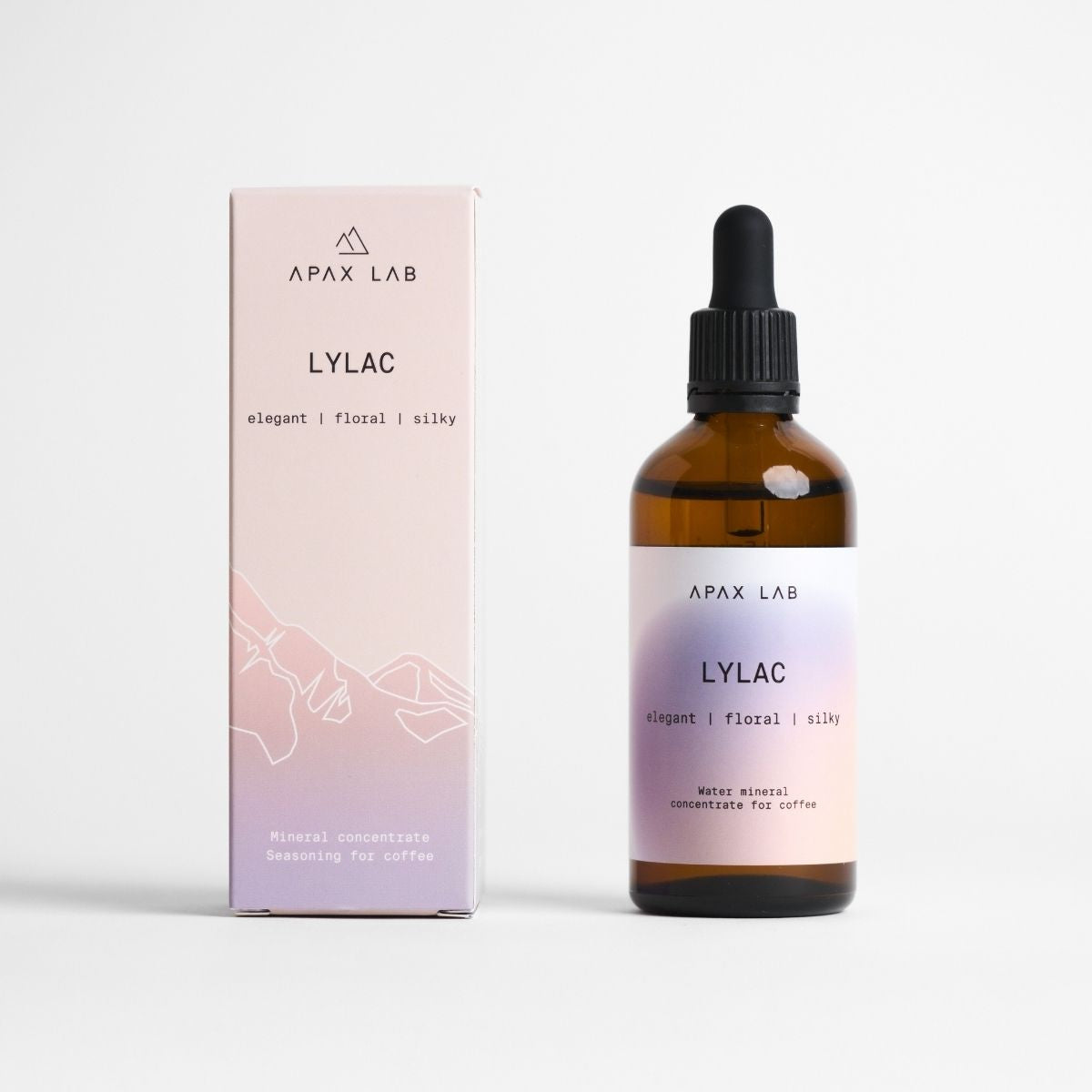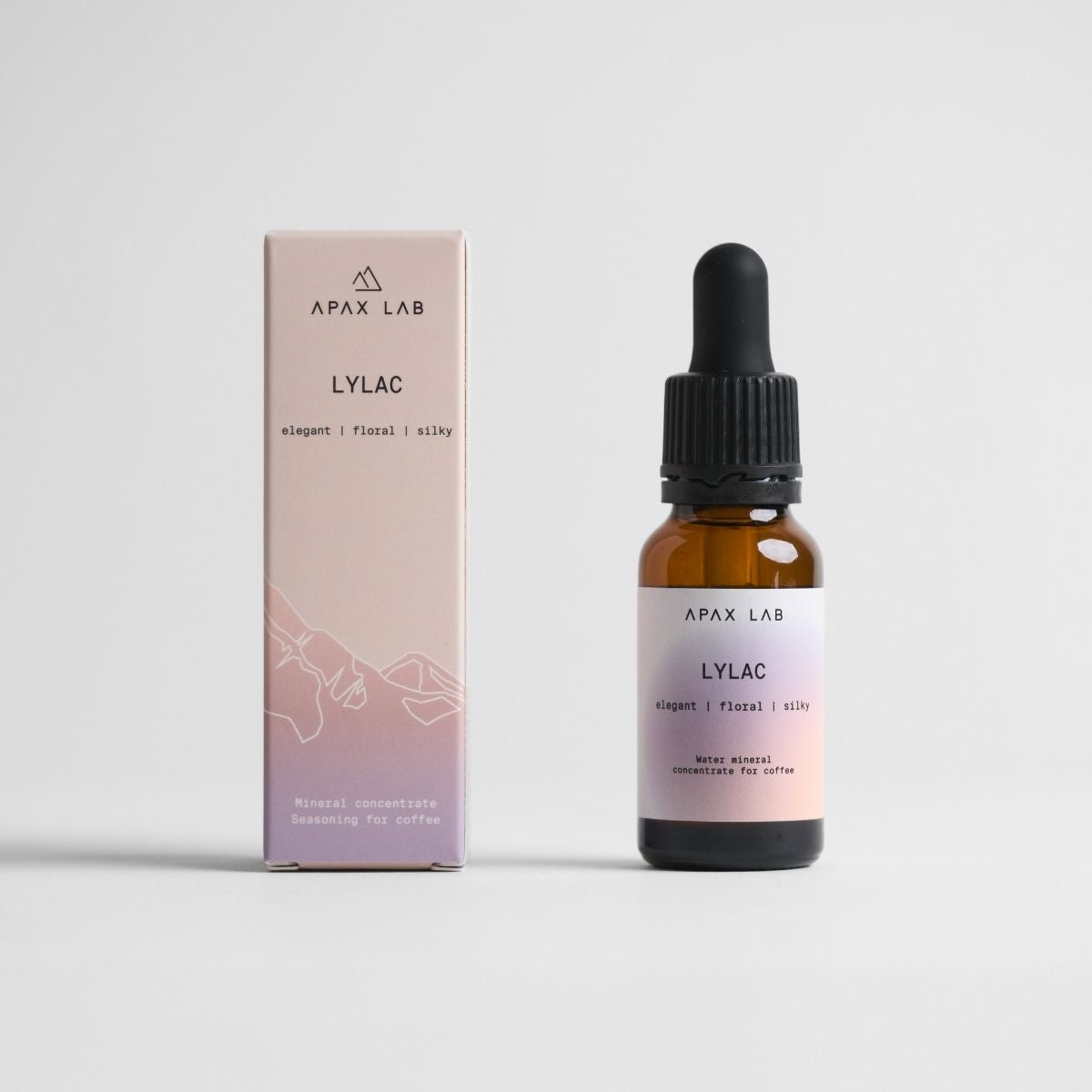
Have you ever tried to replicate that mind-blowing pour-over from your favorite café—only to end up disappointed, despite using the exact same beans, recipe, and high-end gear?
Before blaming your grinder or technique, consider this: the issue might not be your coffee or equipment—it might be your water. If your water isn’t right, no grinder, scale, or machine will fix the problem. So before spending another $500 upgrading your setup, let’s talk about the ingredient that makes up the majority of your cup.
The biggest ingredient in your coffee
Coffee is more than 98% water, yet home brewers often focus on beans, grinders, and brewers—without considering what’s in their water.
It’s easy to assume that if your tap water tastes fine, it should be fine for coffee. But water for drinking and water for brewing are not the same.
Water contains dissolved minerals like magnesium, calcium, potassium, and sodium. Whether it comes from a Norwegian fjord or a New York tap, its composition varies—and that dramatically affects your brew.
One of the first things coffee professionals check is TDS (Total Dissolved Solids), which measures how much is dissolved in the water. If you’ve never thought about your water’s TDS levels, chances are it’s affecting your coffee more than you realize.
Ever noticed how your coffee tastes amazing on vacation but lifeless at home? Or that your friend’s home setup produces better results with the same beans? Your water might be the problem.
Is your water too hard for coffee brewing?
Ever noticed how laundry detergents have different dosage recommendations based on water hardness? That’s because the amount of dissolved minerals determines whether water is soft or hard.
In coffee brewing, this matters for two reasons:
Hard water damages equipment.
Too many minerals lead to limescale buildup, clogging espresso machines and brewers over time. Even large commercial batch-brew manufacturers warn about this, which is why descaling detergents are everywhere.
Hard water dulls flavors.
If your coffee tastes harsh, dry, or flat, your water could be the culprit. While hard water can enhance body, it often kills acidity and vibrancy, leaving bright, fruity coffees muted and lifeless.
But don’t assume softer water is always better—over-filtered or distilled water can also create problems by making your coffee taste overly sharp or lifeless.
Water can be your worst enemy (Or Your Best Friend)
Minerals don’t just affect your equipment; they shape how your coffee tastes.
Hard water (high in minerals) can make coffee taste flat, dry, or muted.
Soft water (low in minerals) can make coffee taste sour or metallic.
Balanced water brings out the best in your coffee—enhancing sweetness, clarity, and complexity.
The good news? You don’t need a chemistry degree to fix your water.
There are simple ways to optimize your brewing water that can improve flavour, consistency, and extraction. At Nordic Brew Lab, we use tools such as Apax Lab to make sure that our water is always on point.
Your coffee is only as good as your water. Discover how to take full control of your brewing water → [Fix Your Water]

